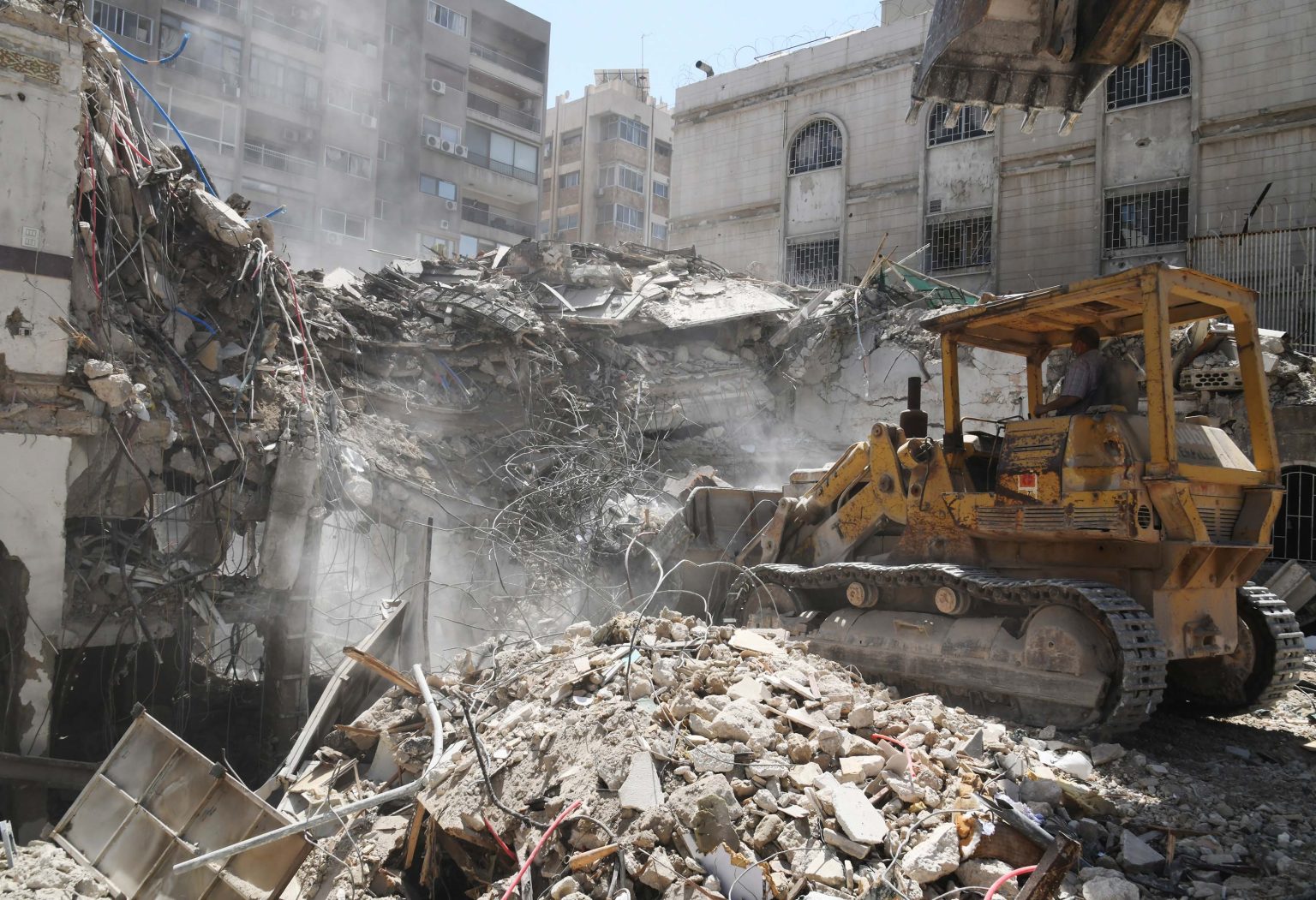Israel recently conducted a daring operation against Iran, targeting Mohammad Reza Zahedi, a key figure in Iran’s regional strategy, who was meeting with Palestinian militant factions in Damascus, Syria. The strike was significant, not only because of Zahedi’s importance but also because it targeted an Iranian diplomatic facility, leading to Iranian outrage and threats of retaliation. Iran’s Supreme leader, Ayatollah Ali Khamenei, warned Israel of a response, while Israel’s Foreign Minister Israel Katz warned that Israel would react if Iran attacks from its territory. The White House is concerned about a potential direct conflict between Israel and Iran, which could put U.S. troops stationed in the Middle East at risk.
Zahedi was a veteran of the IRGC and played a crucial role in Iran’s strategic ties with Hezbollah in Lebanon. Israel’s targeting of such a high-profile Iranian military officer in a diplomatic building has escalated tensions between the two countries, with Iran expected to retaliate. The Biden administration is assessing possible Iranian reprisal options, such as a swarm of drones or land-attack cruise missiles that could target Israel directly. This kind of attack on Israel would be unprecedented for Iran, as traditionally, Iran relies on its proxies in the region to cause damage without directly engaging with Israel militarily.
Hezbollah, as Iran’s proxy, is well-equipped and prepared for operations against Israel, having engaged in a undeclared war along the Israeli-Lebanese border area. Hezbollah possesses a vast arsenal of rockets and missiles, some of which are precision-guided, making it a formidable force in the region. Israel must also be wary of potential assassination plots against its diplomats overseas, as Iran has a history of targeting Israeli officials in various countries. While ideally, Iran would choose not to retaliate, the significant nature of the Israeli strike against Zahedi makes it likely that Iran will respond in some form.
The potential consequences of an escalation between Israel and Iran are dire, especially considering Iran’s military capabilities and Israel’s determination to defend itself. A direct conflict between the two countries could result in extensive damage on both sides and would likely draw in other regional actors. Israel’s assessment of the situation will include considerations for various scenarios, including Hezbollah’s potential involvement and the possibility of attacks on Israeli diplomats abroad. The situation remains highly volatile, with both Israel and Iran prepared to defend their interests and respond to perceived threats in the region.


